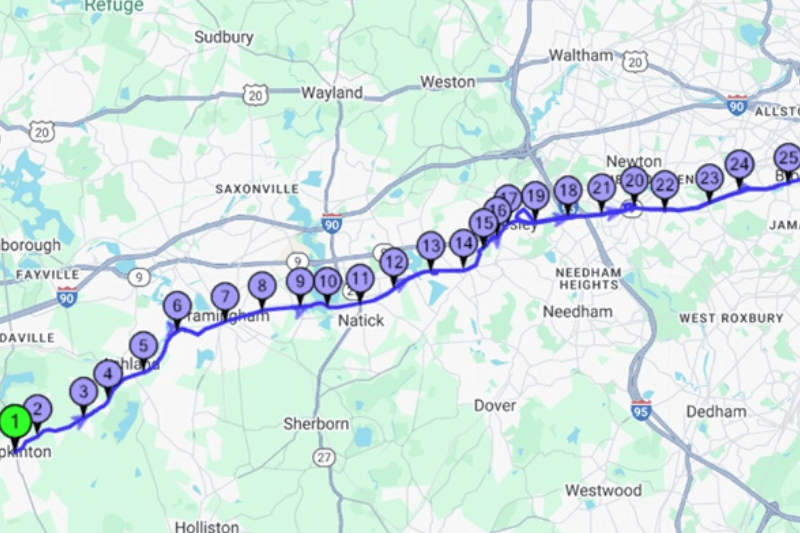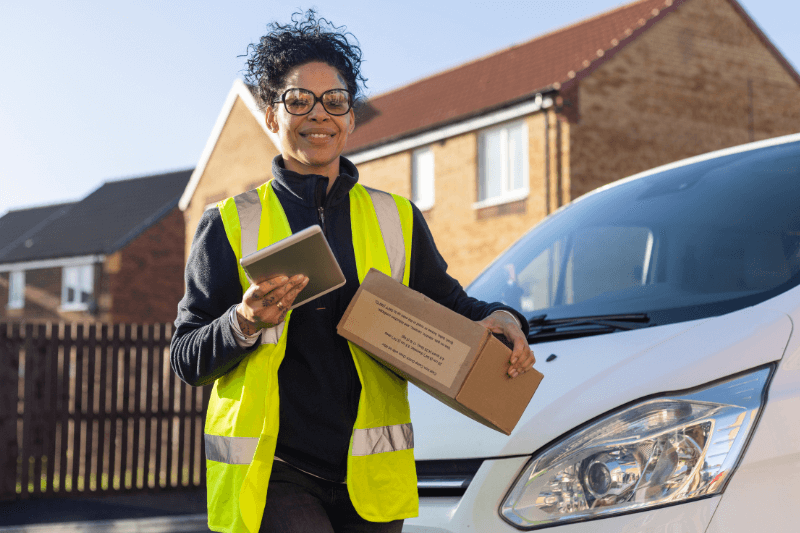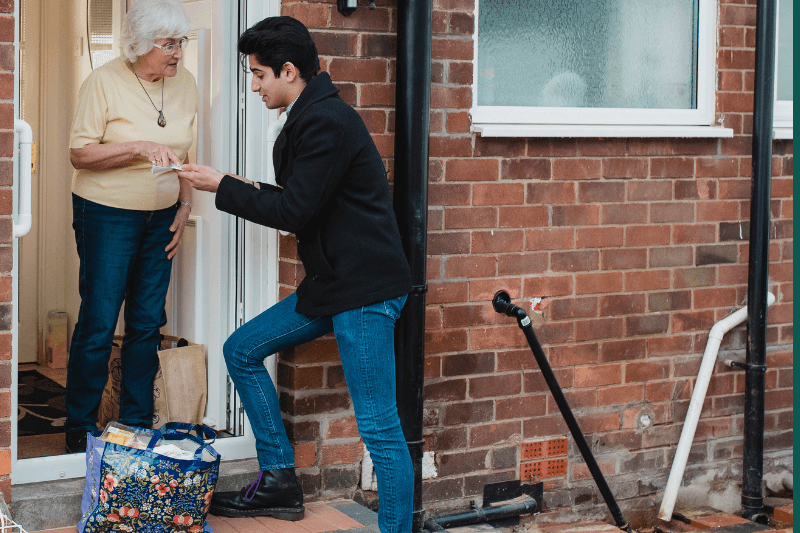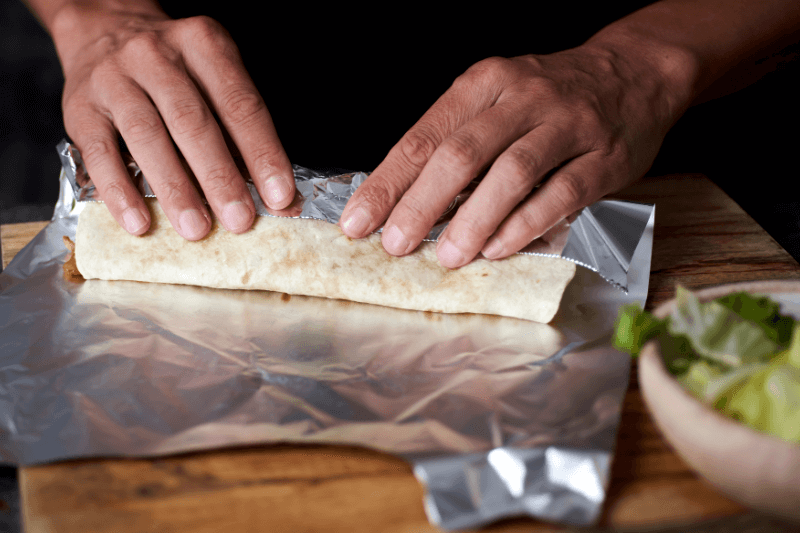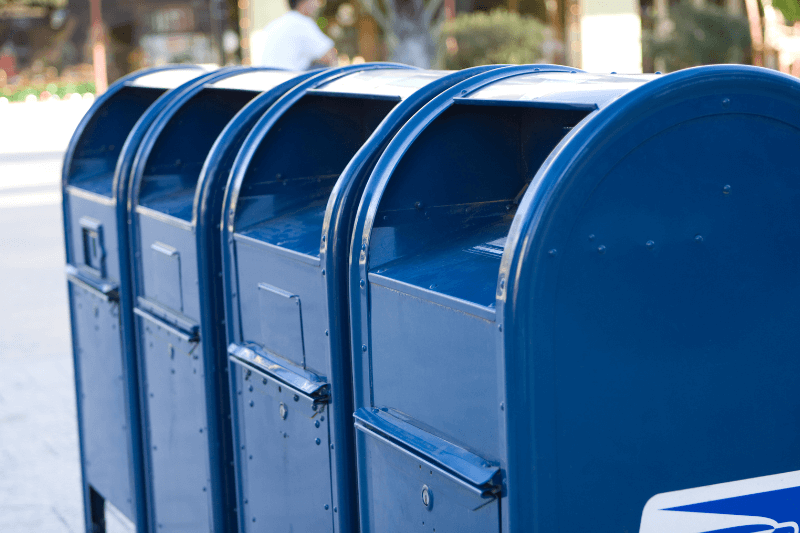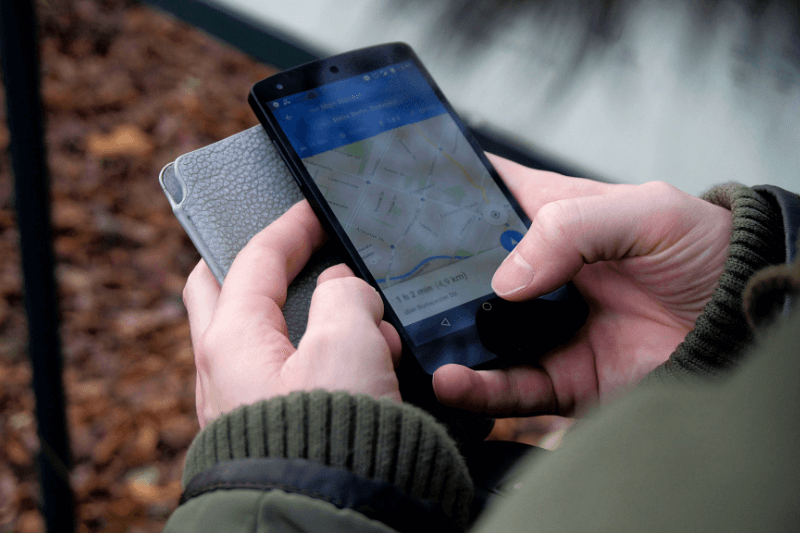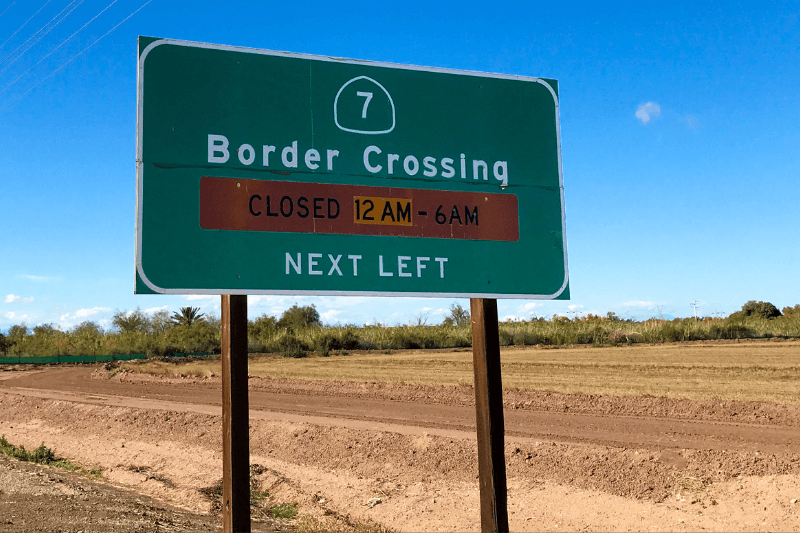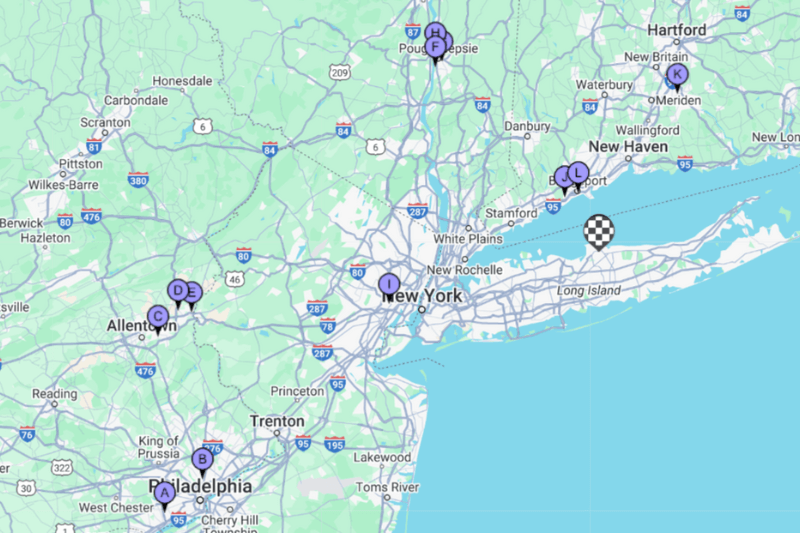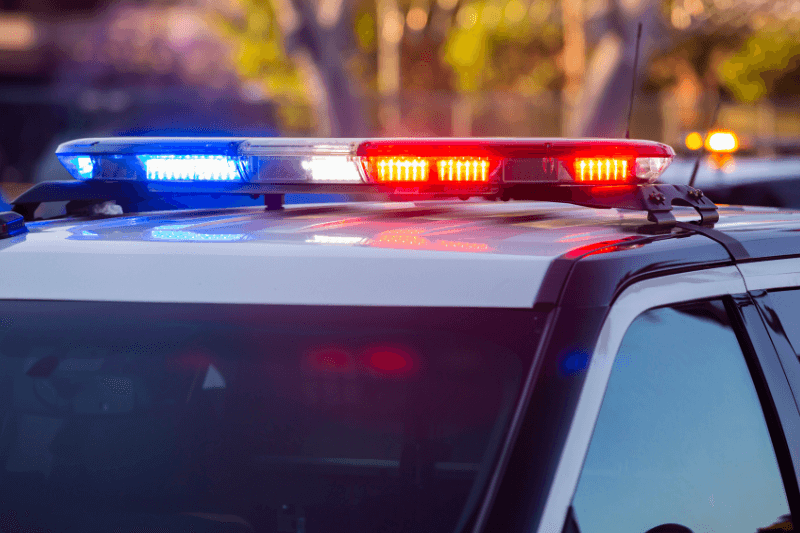How To Optimize Last Mile Delivery
November 03, 2022
What is Last Mile Delivery?
Last mile delivery, or last-mile logistics, is the last part of transportation of goods, i.e., from the distribution hub to the final delivery destination. Primarily in B2C direct businesses, last-mile logistics includes delivering a package to the door of the customer, as quickly, efficiently, accurately, and affordably as possible.
Customers are placing increasing importance on the efficiency of last-mile delivery. Last-mile delivery plays a significant role in customer satisfaction, with 84% unlikely to return after a bad last mile delivery experience. With approx. 98% of customers saying delivery is important for brand loyalty, businesses are now using delivery service as a means to attract and retain customers as well as differentiate themselves from competitors.
Moreover, last-mile delivery accounts for more than 53% of the total shipping costs. It is, therefore, obvious that businesses need to optimize their last mile logistics to prevent high costs that eat into their profits.
Why Last Mile Delivery can be Challenging?
Last-mile delivery is the last step of moving your product from your location (or transportation hub) to the customer’s (or end-user) location. Unlike large-scale shipping where a large number of products are sent to a single location, last-mile delivery consists of sending a large amount of smaller packages, each to unique destinations.
More stops mean more complex routes, more idle time, and more time on the road. Thus, increasing costs and creating efficiency and operational challenges for a business.
How is Last Mile Shown During the Holidays
Black Friday and Cyber Monday promotions allow customers to take advantage of the low prices and purchase more products. These then need to be delivered to their homes. With such high demand, retailers are having difficulties delivering goods on time, due to excessive volumes of holiday orders in November and December. Despite inflation, U.S. retail holiday sales are expected to rise 3.3 percent this year therefore the difficulties of managing last mile delivery during the holidays simply grow, and technology is one important way to solve them.
Why Last Mile Logistics can be Expensive?
Numerous delivery destinations increase both cost and complexity of delivery – making last-mile, usually, the most expensive part of the delivery process.
Studies show that last-mile delivery costs an average of $10 per package delivered. Businesses take at least 2% of this cost from the profit margins of their sold products. This cost gets higher for larger items like electronics, appliances, and furniture, making last-mile logistics painfully expensive.
Complex routes lead to more out-of-route miles. Research shows that out-of-route miles can account for up to 10% of the total mileage of a delivery fleet, resulting in unnecessary costs. It also results in more time on the road, often, compelling businesses to maintain a large fleet of delivery vehicles and drivers to ship a small number of products.
Other causes like failed deliveries due to the customer not being at home or no option of scheduling delivery, delayed deliveries, erroneous addresses, and more idling by drivers, all lower productivity and increase business costs.
It is vital to have an optimized distribution and delivery strategy for last-mile, to minimize unnecessary costs and keep productivity and efficiency in check.
How can you Optimize Last Mile Delivery?
An easy and efficient way to optimize last-mile delivery is by using route optimization tools like MyRouteOnline.
MyRouteOnline route optimization finds the shortest and most cost-efficient route to handle multiple deliveries. The software creates an efficient strategy to help you manage your delivery fleet, increase your delivery capacity, and minimize failed/delayed deliveries, thereby, saving time and money.
Since your delivery driver’s routes typically includes more than two stops, finding the best route manually can be challenging, time-consuming, and complex. MyRouteOnline takes into account all the variables and creates an optimal plan and schedule for deliveries.
Benefits of Using MyRouteOnline for Last Mile Delivery
MyRouteOnline can plan multiple stops, with as many as 1000 addresses per run. It can optimize routes for maximum distance covered in minimum time, according to custom parameters you set. With automated route planning, you can consider time windows and adjust for other constraints, without having to make time-consuming manual changes.
Real-time tracking features allow you to monitor your driver drop-offs which reduces failed deliveries.
MyRoutePlanner Moblie App proves live ETA tracking and ensures your drivers travel to the right destination, at the right time, following the shortest possible route. It also tracks the location of all your drivers with real-time GPS data, and monitors order status, and failed deliveries.
Businesses not only need to plan deliveries but often adapt changes in real time. For instance, what do you do if a driver calls in sick, or you get last-minute orders? MyRouteOnline software allows you to assign territories to balance workload amongst your drivers. It can instantly plan the shortest routes according to the updated drivers list on duty.
MyRouteOnline allows you to scale as per your business needs. You can handle high seasonable demand by simply expanding your fleet because MyRouteOnline lets you manage unlimited routes of a vast number of drivers. Prices don’t change according to your vehicle or drivers’ number, only according to the number of addresses you visit.
Optimized Deliveries Across Industries
While unoptimized delivery route planning leads to significantly higher operating costs and lower profit margins, My RouteOnline ensures quick, efficient, and inexpensive deliveries. Decreased costs is the main advantage but route optimization also contributes to higher customer satisfaction, driver satisfaction, and the long-term success of your business.
So if you’re in the B2C retail business, MyRoutineOnline is the practical, cost-efficient, and productive option for your last-mile delivery.
Our customers, increase productivity, and reduce costs, range across industries, business sizes, and scales. These include food delivery companies, supermarkets or department stores offering delivery, restaurants or cafes offering delivery, florists or pharmacies offering delivery, B2C retail and e-commerce companies, and other third-party logistic companies.
